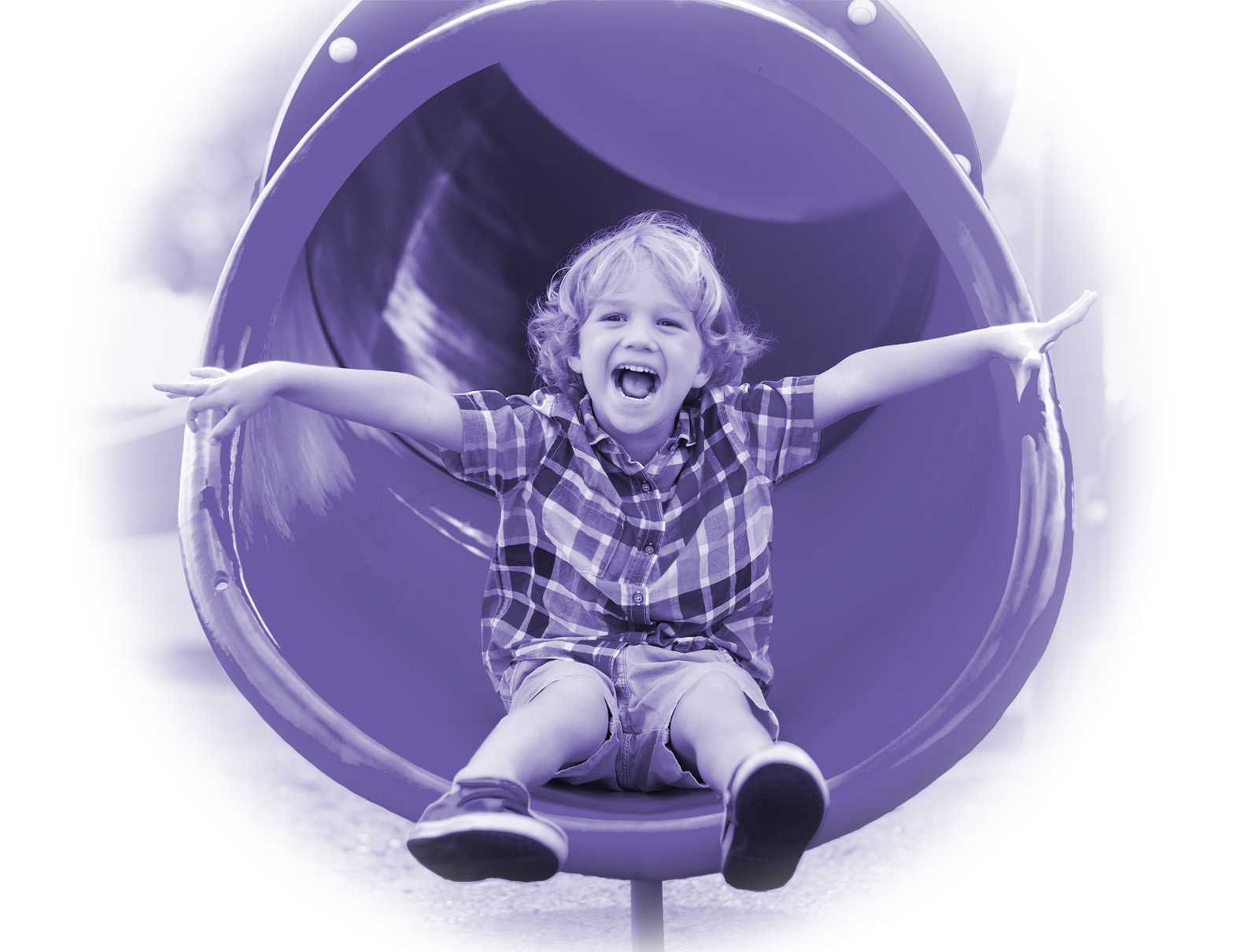Professional development, consultancy and research for those working in early childhood education and care.
We believe that everyone working with children aged birth to seven should have the chance to achieve their full potential and enjoy the benefits and pleasure of delivering high quality education and care.
We provide support and evidence-based courses specifically designed to meet clients’ needs.
We promote pedagogy and practices which provide children with experiences and opportunities known to impact on children’s outcomes; that is, experiences which support and enhance learning and development.

Professional Development and training
Our training is designed to support people who wish to use quality rating scales for their own self-assessment, for audit/inspection and/or for research and those who wish to uplift their practice through the use of evidence informed training. Our training on the quality rating scales includes discussions of: the research on which it is based, what effective early years pedagogy, including relational and intentional pedagogy, consists of; strategies which support children’s learning; essential elements of child development knowledge; content and pedagogical content knowledge of emergent literacy, mathematics and science; as well as, discussing the technicalities of becoming familiar with and using a scale. Our SSTEW scale and ECQRS-EC training supports familiarisation of and use of the scale in the first instance, then continues to consider reliability in rating. For researchers and those engaged in auditing settings, we offer further training to achieve ‘gold standard’ status.
We have run professional development and training in many different countries including: Australia, Germany, Hong Kong, Ireland, Japan, New Zealand, Norway, and all parts of the UK. We have supported early years centres and schools who wish to make improvements to develop their use quality rating scales as self-assessment tools. We have trained researchers and those engaged in auditing ECEC centres to become reliable with their observations.
We have devised bespoke professional development for ECEC centres and delivered training on numerous different rating scales including the Movement Environment Rating Scales (MOVERS). Our training also covers other areas such as movement play and personal, social and emotional development, self-regulation and metacognition, and we are responsive to requests for training in new, different areas of practice too.
We now have SSTEW scale, ECQRS-EC and self-regulation training available online.
What is the Sustained Shared Thinking and Emotional Wellbeing (SSTEW) Scale?
The SSTEW scale is a Quality Rating Scale (QRS) – a tool to assess quality in Early Childhood Education and Care (ECEC). It is known to be predictive of child development, so using it to support quality improvement in a setting should result in enhancing children’s learning and development (see Howard et al., 2018). It is designed to measure and promote practice that supports children in developing skills in sustained shared thinking (SST) and emotional well-being (EW). It supports the development of strong relationships, effective communication, self-regulation and concept development.
The SSTEW scale looks at the quality of interactions that occur between the adults and the children and between the children themselves. It considers the responsiveness of the adults to the children and how they intentionally support children’s learning and development.
Fundamental to the SSTEW scale is the understanding that the adults need to know the children well and develop positive relationships with them in order to successfully engage in sustained shared thinking. In addition, they require a good understanding of the children’s current development, their cultural heritage and achievements, their feelings, behaviours, and responses to learning. An effective early childhood educator would need to be able to recognize when the children are thinking, and sensitively extend language, periods of concentration and support perseverance.
... this innovative scale describes educational practices that support the development of task focus, problem-solving and imagination... What this new scale adds to the current tool-kit of quality assessment is a welcome focus on well-being, self-regulation and the kind of focused thinking in children that is supported through sensitive interactions with others. The complex communication described so richly in the scale is multi-layered in its focus on the external world, the world of things and events, but also on the internal world of feelings and wishes.
Kathy Sylva, Professor of Educational Psychology, University of Oxford
Howard, S J, Siraj, I, Melhuish, E C, Kingston, D, Neilsen-Hewett, C, Rosnay, M, Duursma, E and Luu, B (2018) Measuring interactional quality in pre-school settings: Introduction and validation of the Sustained Shared Thinking and Emotional Wellbeing (SSTEW) scale. Early Child Development and Care. ISSN 0300-4430
What is the Early Childhood Quality Rating Scale-Emergent Curriculum (ECQRS-EC) scale?
The Early Childhood Quality Rating Scale—Emergent Curriculum (ECQRS-EC) is a quality rating scale (QRS) – an evidence-based tool to assess quality in early childhood education and care (ECEC). It recognises the important role of the adult in providing children with high-quality interactions and rich opportunities for learning across the areas of language and emergent literacy, emergent mathematics, emergent science and when supporting diversity and inclusion. In line with other quality rating scales, it can be used for research, self-evaluation and program improvement, audit, and regulation.
The ECQRS-EC updates and expands on the Early Childhood Environment Rating Scale Extension (ECERS-E, 2010), which was the first observational quality scale to focus directly on the development of emergent academic skills. As the ECERS-E has strong predictive validity (e.g. Sylva et al., 2004), when the ECQRS-EC is used to support quality improvement it is also supporting children’s development.
The ECQRS-EC is designed to measure quality in the key learning areas of language and emergent literacy, emergent mathematics, emergent science within preschool centres for children aged 3 to 6 years. In addition to considering these academic skills, it includes a subscale dedicated to supporting diversity and inclusion which considers practice which promotes inclusion for all children, including those with additional learning needs, gender and cultural differences.
“An indispensable tool for enhancing preschool quality. This outstanding quality rating scale focuses on intentional pedagogy, pinpointing the core qualities in emergent academic skills, thus guiding policy-makers, researchers, and early childhood educators in how to achieve high quality learning situations. It clearly describes distinct levels of quality in language and emergent literacy, mathematics, science, and planning for diversity and inclusion in preschool settings.” —Sonja Sheridan, professor emerita, University of Gothenborg, Sweden
“The research-informed ECQRS-EC enables a much needed objective assessment of pedagogy and learning environments…an indispensable resource.” —Nirmala Rao, The University of Hong Kong
“The ECQRS-EC is a gift for anyone dedicated to providing high-quality early education and care.” —Tara McLaughlin, Massey University, New Zealand
What is the Self-Regulation training?
There are two sessions looking at self-regulation. In each session, both the research and practice known to support self-regulation are considered, but from two different perspectives.
We consider the neuroscientists’ and the educationalists’ views about self-regulation – what it is and how we can support it. The different perspectives provide different and extremely useful insights into children’s behaviour and development and provide different examples of effective practice which support children to develop their self-regulation.
The training is designed to build understanding and empathy and also provide ideas of practice for the classroom to support children to further develop their self-regulation and autonomy.

